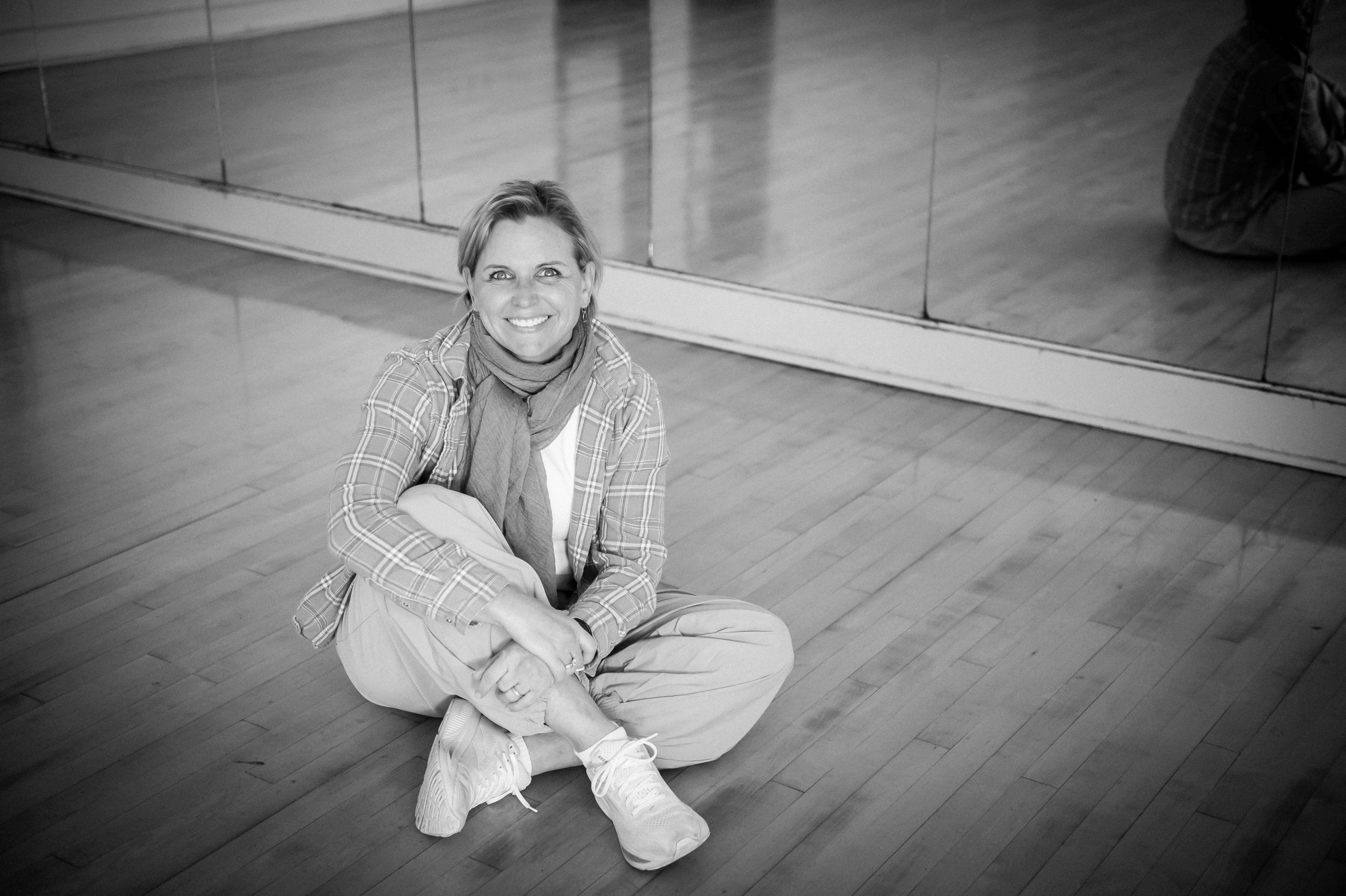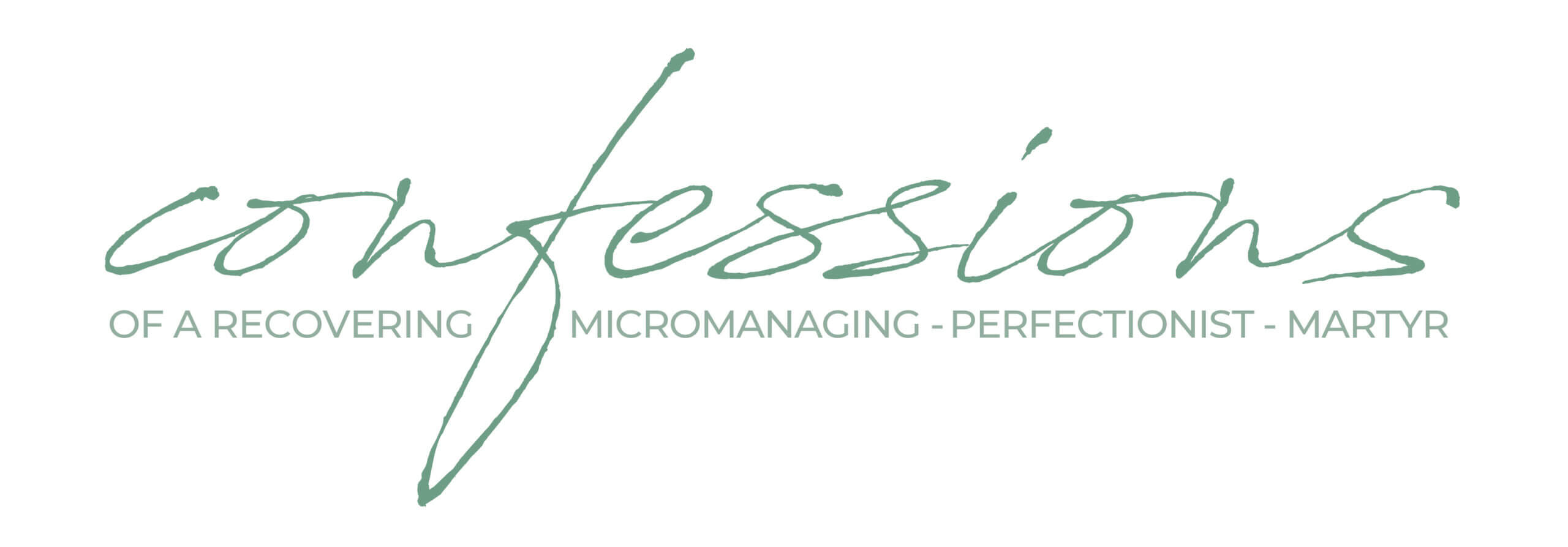

Today, we’re doing something a little different. Most weeks, I share thoughts and reflections from my own life. But today, I’m sharing a voice message I sent my oldest son last February. At the time, my son was beginning his college lacrosse career and a little birdie told me that his team would be reviewing “film.” For those of you who aren’t familiar with the sports world, watching or reviewing film is very much what it sounds like. Coaches and teammates watch a video recording of their team to review what went well and what needs improvement.
From 2,275 miles away, I knew I was powerless—but I still wanted to attempt to ease the process for him. It feels a little awkward to share this, but here’s the message I sent him…
All right, Bud, this is the third time I’ve sat down to leave you this message, so I’m hoping that this is not a message that wasn’t supposed to be sent, or perhaps it was a message that I just needed to be sitting quietly to talk about.
So I wanted to talk to you because Daddy had mentioned that you guys went through some film, and I was thinking, Oh, feedback. Feedback can be hard. So I just wanted to check in with you on that, because, you know, I’ve gone through periods in my life where I could not receive feedback without getting a bee in my bonnet, and it honestly took me into my later years to get to a stage where I was able to receive feedback and not feel so defeated by it.
So I just thought that I would share a little bit about that, because I’m sure this is a process where you’re gonna have to be scrutinized week to week. Because I’m sure film will be, “Okay, what could we have done differently here? What could we have done differently there?”
I think it can kind of be two and three fold, depending on where it’s coming from, and depending on how it’s being delivered. But the reality is, you can’t control those things really. People are going to give feedback, and sometimes it’s going to sound like criticism. People are going to give feedback, and sometimes it’s going to feel really helpful.
You happen to be someone who’s used to getting feedback from your Dad, and he has a really good way of giving feedback where it can be corrective without being hurtful. But that’s not how everybody has learned how to give feedback, and I will be willing to put money on the fact that’s not how PopPop gave feedback.
So I think it’s important to see that generationally we can change how we give feedback, but generationally we can also change how we receive feedback. And I think that receiving feedback well is a practiced art, and I think that it’s also a sign of maturity. And it takes maturity and chops to be able to go, “Okay, I hear you,” because there’s a component to it where you take some of it in and then you leave some of it out. You don’t have to take it all in. You can say, “You know what? That I agree with. But you know what? that is your stuff you’re putting on me, and that’s not my stuff.” But I have the maturity to not just throw out everything. I have the maturity to take every comment and kind of go, “All right, I see you there.”
I’ve also noticed in my journey that some things I can’t see at first because I’m so offended. But then I open my heart to it, and I’m like, “Oh, shoot. They were right. I do that thing that I didn’t think I was doing, and how great that I have people who love me enough to say, ‘Let’s care about this. Let’s make this better. Let’s improve this because you’re going to get better. We’re going to get better.’” This is all in the spirit of getting better and improving in some way.
So I just wanted to say those few things, because I think that it can be harsh. I remember when I was a little girl, I was the youngest in this play, it was mostly adults, and the director afterward called me out in front of the whole cast, and was like, “You were wiggling on stage!” or whatever.
And Grammy was like, “Oh, how dare she call you out on the whole stage and hurt your feelings like that in front of everyone.” But that was what I had to learn to do if I wanted to be an actress—I needed to be able to take that feedback. And she was right. I’m sure I was wiggling to holy hell, so I needed to sit the heck still. And if telling me in a group of people was a huge wake up call, then oh well—that’s how I had to hear that feedback.
But that took me a lot longer to be able to not just negate everybody’s feedback, because it kind of hurts. So really, it’s like separating the mess from the message and trying to get quiet with it, take notes, and then look at your notes afterward and go, “Okay, I think they have a point with eight of these things. But these other two things, I think that’s about Jim—Jim’s trying to blame me for something that I wasn’t doing. And I’m going to just kind of put that aside. I’m going to focus on the things I really think I can have an impact on.”
Because I have to say, what kind of man do you want to be? Do you want to be a man that gets his feathers ruffled every time somebody has feedback for him? No, you don’t. I’m telling you, you don’t. You don’t have a choice here. You want to be the kind of man who can go, “Okay, I hear you. Give me a second, because that one hurt.” It doesn’t have to be immediately like, “Oh, thank you so much for that feedback. That was so helpful.” But you want to get to that point, and it comes with practice where you can hear things that are not 100% in agreement or positive about what you’re doing, saying, being—and you’re able to take those in as ways to improve either yourself, or the group as a whole. And that is maturity, and that is moving in the right direction of connection, community and brotherhood.
I love you so much. I know this was long. Thank you for listening, and I will talk to you soon, honey. Bye.
Thanks for powering through that TeamConfessioners. Now you see what my children are up against—bless them. Especially when you consider the son who received that message 1. didn’t ask for my help and 2. is already very good at receiving feedback. Honestly, Team, there’s a chance I’m the one who’s going to have to graciously receive feedback for offering unsolicited advice!
Now, I’m super excited about next week, Team! In seven days, we’re going to be kicking off a whole new recurring segment of Confessions that we’re calling, Confessions Conversations. Next Friday, you’ll be invited to listen in on a conversation I had with one of my favorite people in the entire world—my seventeen-year-old daughter, Tayte. Until then, have a wonderful weekend, and thank you so much for taking the time to listen today—it means the world to me. Bye for now!

Welcome to my blog turned podcast! Here you can listen or read about what’s on my mind as I try my best to recover from screaming at my kids and nagging the bejesus out my husband.
Join TeamConfessions, a.k.a. "TeamC"—the posts are super short—you’ve got this.
| Website by Crearé Web Solutions |